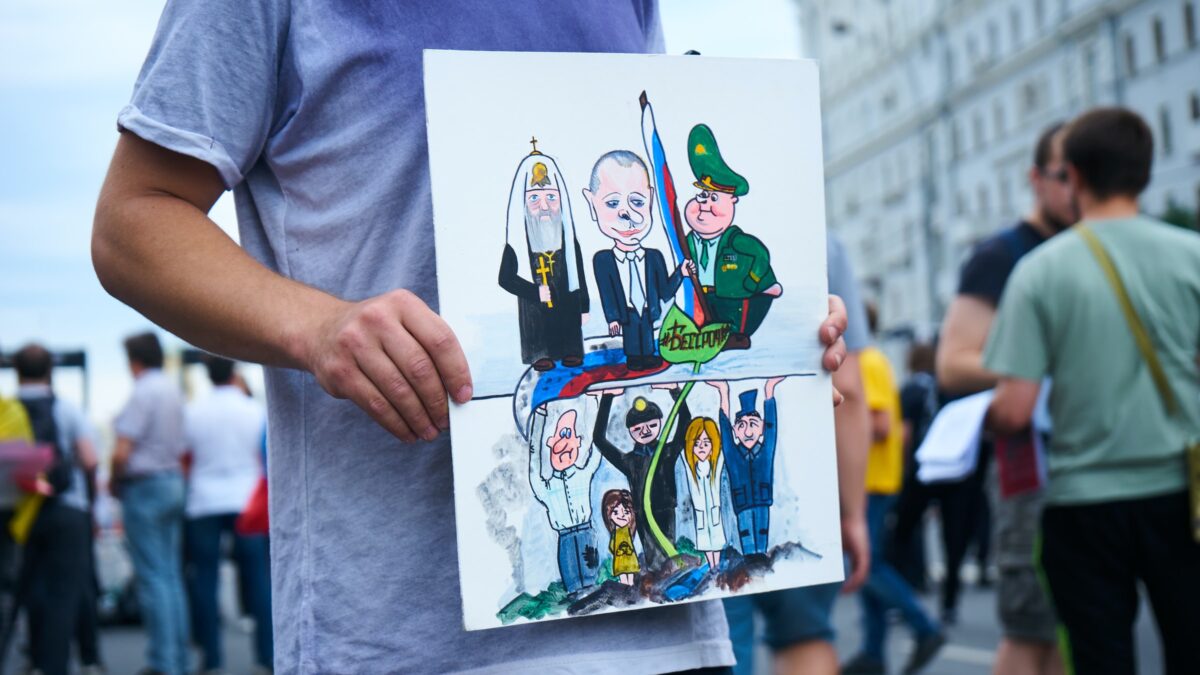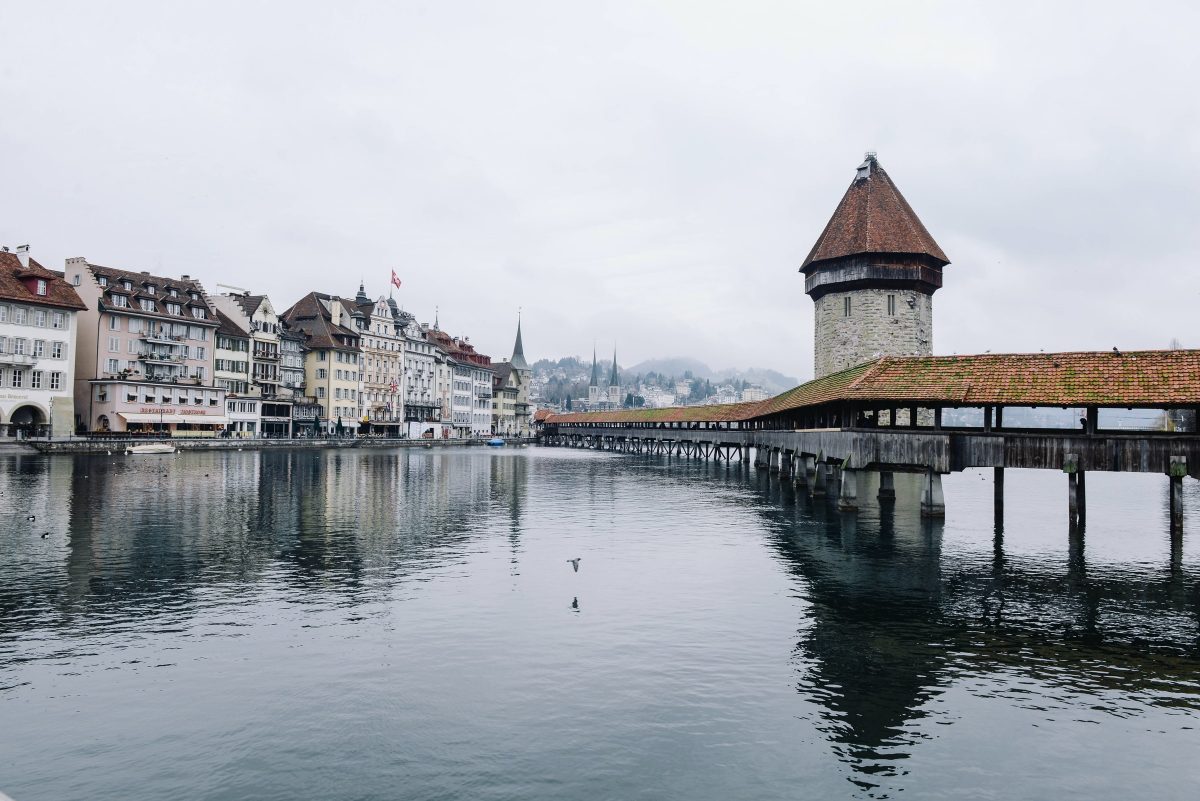The most difficult dilemma Switzerland has had since World War II is caused by Russia’s attack on Ukraine.
In 1962, shortly after the Cuban missile crisis, a Kennedy administration adviser made the aforementioned statement. Switzerland responded in the usual manner to that most urgent plea for humanity by remaining impartial, helpful, and incredibly discreet.
Neutrality, which has long been a component of the Swiss national identity, has a lot to say about it. But much like during World War II, the idea looks more difficult to support in 2022. How can any nation with democratic and humanitarian ideals remain neutral as Ukraine and the West fight against the neo-fascist assault of Russian President Vladimir Putin?
Ironically, those who are asking this issue right now are seated in the Kremlin. Moscow rejected this month’s Swiss proposal to act as a “protecting power” and “good offices” for Ukrainians living in Russia. The Swiss, on the other hand, would have pleased Ukraine, which desperately needs information about the numerous Ukrainian children and citizens the invaders have abducted to Russia this year.
These expressions, such as “protecting power” and “good offices,” are taken from international law. They are talking about neutral countries acting as ersatz embassies for those that have broken off diplomatic ties.
Currently, Switzerland provides these services to the US in Iran and to Iran in Egypt.
Additionally, it covers both Russian and Georgian consular interests as well as those between Saudi Arabia and Iran (which Putin invaded in 2008). For instance, if a Georgian travels to Russia and needs a visa or runs into problems, she can go to the Swiss embassy in Moscow, where professional employees will take care of her needs.
The custom began during the Franco-Prussian War of 1870–1871 when Switzerland represented the diplomatic objectives of two belligerent in France (Bavaria and Baden, both of which merged into the new German Empire). The Swiss possessed 36 such mandates during World War I; at one time during World War II, they held 219 mandates. For instance, they represented Britain in Germany and vice versa.
Sweden and other other neutral countries also offered their good offices.
Although there were fewer mandates during the Cold War, the institution was nevertheless essential. Switzerland served as both the US and Cuba’s intermediary for many years. In this manner, the Swiss were able to offer covert backchannels that occasionally facilitated certain processes and may have prevented disaster. Thus, it stands to reason that the Kennedy White House famously said what it did.
But three sides must tango in order for these diplomatic dances to be successful. Russia now doesn’t want to. It no longer considers Switzerland to be neutral, which explains this.
Is it? Switzerland has undoubtedly been walking a fine line in international relations since Putin’s invasion of Ukraine in February.
Switzerland is considered by many Western diplomats to be overly impartial and hence self-serving. There are rumors that there is a ton of Russian money in the country’s banks, boarding schools, and other institutions. Russian oil and other commodities are happily exchanged on Swiss marketplaces. According to rumors, Putin’s family members may even reside in the Alpine country.
For its part, Bern believes it has done all it can to support other Western countries who share its views while maintaining its official neutrality. Notably, the Swiss have supported the European Union’s sanctions against Russia (of which Switzerland is not a member). That is Russia’s official justification for categorizing it as hostile.
Neutrality does not mean to impartiality, according to Switzerland, which also notes that a neutral state can defend its core values, including democracy, the rule of law, and human rights, as well as the right to political cooperation and opinion. Being neutral merely means that the nation cannot join in on international wars. Additionally, joining military alliances like NATO is prohibited by this.
By the same reasoning, as I explained in January, the six nations that are a part of the EU but not NATO must join the transatlantic alliance. They agreed to the EU’s mutual defense provision, which is similar to NATO’s Article 5 and states that “an attack on one is an attack on all.”
Already abandoning their neutrality, Sweden and Finland have submitted applications to join NATO. Malta, Cyprus, Austria, and Ireland should follow suit. They would be expected to defend Estonia, for example, if Putin attacked it.
Switzerland, however, is an exception. Eventually, warring nations must come to an agreement, and for that to happen, they typically need a neutral location where they may meet and converse. Lake Geneva or another scenic location in Switzerland has been served as such location because the country’s reputation as an honest broker has always been credible.
Furthermore, the alternatives to true neutrality in the Swiss tradition are worse. One contemporary example is Turkish President Recep Tayyip Erdogan. He represents a nominal yet problematic NATO ally.
He has met with Putin numerous times and his Ukrainian counterpart, Volodymyr Zelenskiy, this week. He is now acting as a mediator between Russia and Ukraine. These discussions have facilitated the opening of the Black Sea for Ukrainian grain exports. However, Erdogan is suspected by NATO allies with good reason of seeking out separate agreements with Putin to serve other goals.
Therefore, let’s let Switzerland be Switzerland rather than having to create it from scratch. Let it be a neutral nation that can act as a conduit, conciliator, arbiter, and perhaps even the location of a future peace conference. However, the Swiss should keep in mind that their neutrality is only of a legal, diplomatic, and military — not a moral — nature. Let them also remind Putin of that.




